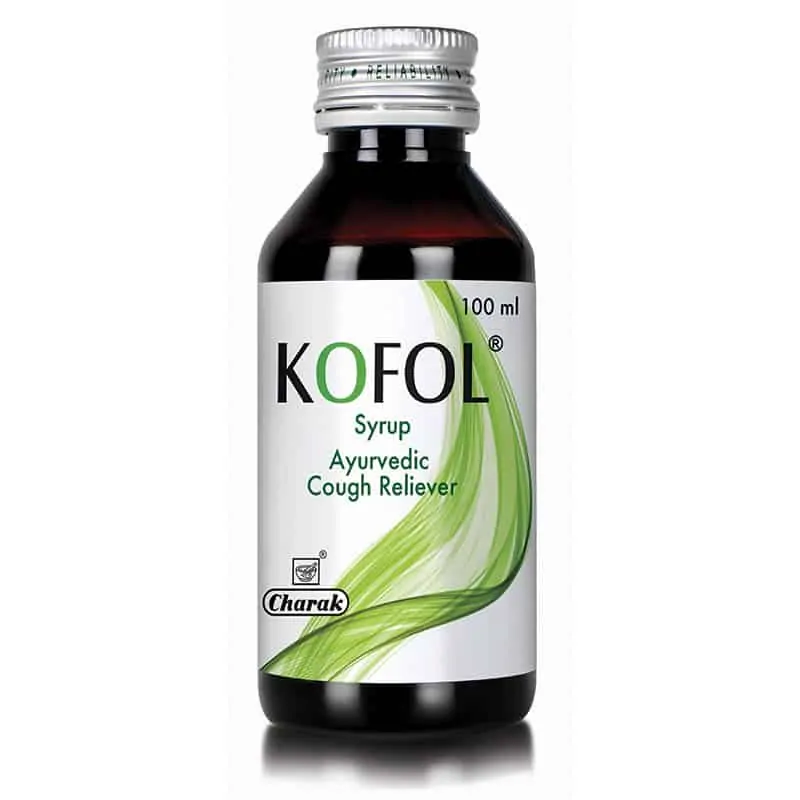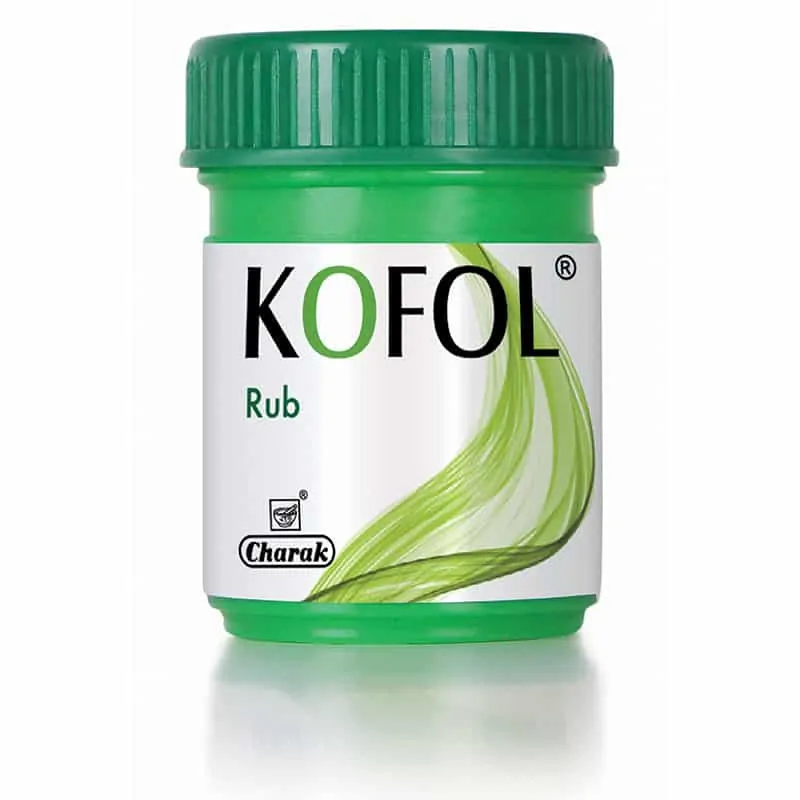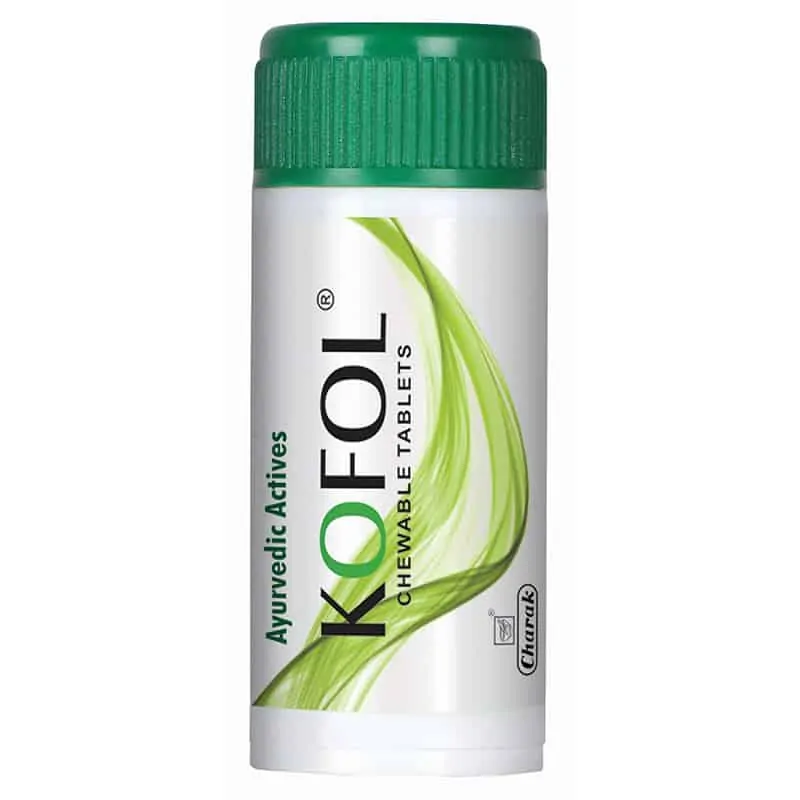
PCOS affects over 100 million Indian women, with a prevalence of about 18 percent in our female population. Despite these shocking figures, there’s still a general lack of awareness about the condition and how it needs to be dealt with. PCOS is a chronic condition, which means that the problem persists for life and cannot be cured completely. Any disease or health condition that has a long-term nature and shows signs of progression is termed as chronic. Early clinical treatment addresses symptoms of PCOS, but due to hormonal imbalances that characterize the condition, patients remain vulnerable to complications like type 2 diabetes, hyperlipidemia, hypertension, heart disease, and endometrial or breast cancer, later in life. This makes it all the more important to manage PCOS effectively, as early detection and treatment can make a huge difference to patient outcomes, greatly improving the quality of life.
PCOS, Insulin Sensitivity and Hormonal Imbalance
Many PCOS afflicted women have lower sensitivity to insulin, a condition called insulin resistance. As a result, the pancreas produces more insulin and the resultant high insulin levels cause an increase in male hormones like testosterone. Symptoms like excessive body and facial hair or irregular periods may also be a direct result of increased levels of these male hormones. Insulin resistance is also linked with obesity, food cravings, and mood swings that are common in PCOS. The most worrying consequence of insulin resistance is the increased risk of diabetes, as well as heart disease.
The insulin resistance in PCOS results into hormonal imbalances and if undiagnosed or untreated it can cause infertility, loss of pregnancy, and other complications that impair quality of life. Because of the role of hormones in various body processes, the symptoms can be varied and may appear unconnected. The most common symptom that leads to a PCOS diagnosis is an irregularity in the menstrual cycle, as well as the appearance of acne and excessive body or facial hair.
Managing PCOS through Diet & Exercise
As many of the PCOS complications arise as a result of weight gain that is triggered by the condition, diet and exercise are a crucial aspect of management of the condition. Women afflicted with PCOS tend to have severe carb cravings, which exacerbate the problem of weight gain and obesity. PCOS patients also tend to have higher triglyceride and cholesterol levels, making them more vulnerable to heart disease. A PCOS diet, therefore, focuses on controlled weight loss, controlling food cravings, and lowering cholesterol levels.
- Weight Reduction
While cutting calories will help with weight loss, you simply need to reduce caloric intake by 200 calories a day. In cases of severe obesity, the further reduction may be necessary. What is more important is that you follow a low GI diet, basically including foods that will not cause a sudden spike in blood glucose levels. It is also advisable to follow a diet with a higher protein to carb ratio, as studies have shown this to be highly effective for PCOS weight loss.
- Cholesterol Levels
To lower the risk of heart disease and high cholesterol associated with PCOS, you need to restrict your intake of saturated and trans fats, which raise bad (LDL) cholesterol, while lowering good (HDL) cholesterol. These unhealthy fats typically come from processed meats and junk foods like pizzas, samosa, and chips. Instead, include more high fiber and complex carb foods like whole grains in small amounts, as they are shown to improve cholesterol levels. Similarly, foods rich in omega 3 fatty acids like nuts and fatty fish can also help to regulate cholesterol levels.
- Exercise
Low-intensity exercises are perfect for individuals with low fitness levels, so it would be a good idea to start with activities like yoga and pilates. Keep in mind that suddenly launching into a rigorous fitness routine can do more harm than good, so always start slow. Begin with warm-ups, stretching exercises, walking, and cooldowns for at least the first week. After the first week, you can move on to moderate intensity exercises and begin strength training. A combination of cardio and strength training has been shown to benefit women with PCOS, as it lowers the risk of cardiovascular disease, promotes weight loss, and improves insulin resistance.
Conventional Treatment for PCOS
As there is no cure for PCOS, conventional drugs only target symptoms, aiming to provide relief and minimize discomfort to patients. While some drugs are effective at controlling the condition, most allopathic medications also pose a risk of side effects.
- Birth Control Medications
Birth control pills used to treat PCOS symptoms like amenorrhea, acne, hirsutism, and infertility, have also been linked with various problems such as breast tenderness, headaches, weight gain, lower sex drive, and so on.
- Anti-Androgen Drugs (To reduce the effects of male hormones)
Anti-androgen drugs are commonly used in PCOS patients to block the effect of androgens like testosterone, thereby helping control symptoms like hair loss, as well as acne and excessive body hair. However, these drugs are known to cause problems during pregnancy.
- Anti-Diabetic Drugs
Metformin is a diabetic drug commonly used to treat PCOS, as it reduces insulin resistance, regulates blood sugar levels and lowers androgen levels. Unfortunately, this drug also has side effects that include nausea, dizziness, diarrhea, bloating, and abdominal cramps.
Keep in mind that these are just the short-term side effects that have been documented this far, but there may be even greater risks to your health in the long term.
Alternative Treatment for PCOS with Herbs
Because of the chronic nature of the condition, making lifelong treatment necessary, many patients prefer to turn to natural alternatives that pose a low risk of side effects. Among the various alternative PCOS treatments, studies have also shown that herbs commonly used in Ayurveda may offer relief to women with PCOS.
- Turmeric (Haldi/ Haridra) – Better known to most of us as turmeric, the root has been found to possess anti-androgenic properties, as curcumin, the primary compound in turmeric has an inhibiting effect on androgen receptors. It also has insulin sensitizer, hypolipidemic and anti-obesity properties.
- Miracle Fruit (Gudmar) – Widely used in folk medicine of Asia, this plant has a number of pharmacological applications and studies attribute these properties to the presence of triterpenoids, which are natural compounds. Experimental trials have also confirmed the confirmed the hypoglycemic effect of the herb, which can help counter insulin resistance.
- Indian Gooseberry (Amla/ Amalaki) – Popularly known as amla, the fruit extract has been shown to possess various medicinal properties that can help in PCOS treatment. A study in 2009 revealed that it can lower blood glucose levels and triglycerides, helping reduce the risk of both PCOS complications like diabetes and heart disease.
- Heart- Leaved Moonseed (Guduchi/ Amrita) – Highly valued in Ayurveda, this herb has a cardioprotective effect that can offset the high risk of heart disease to PCOS afflicted women, as demonstrated in a study that appeared in The Journal of Biomedical Research.
- White Head (Chota chirayata/ Mamejoa) – Researchers have found that Mamejoa extract can control blood glucose, as well as serum insulin levels, while also improving other parameters like blood pressure and lipid profile that are a concern in PCOS.
- Tannre’s Cassia (Tarwar) – Another herb that is widely used in the Indian subcontinent, Cassia auriculata has been found to possess strong antioxidative properties and studies also demonstrated an antihyperglycemic and hepatoprotective effect. In other words, the herb can be of help in the management of diabetes, also benefiting liver health.
Ayurvedic Treatment for PCOS
Ayurvedic medications for PCOS are extremely effective and pose little risk of side effects, making them a viable option for most women.
Hyponidd is perhaps the best Ayurvedic drug for PCOS, as it contains a concoction of various potent herbs, including antihyperglycemic herbs like tarwar, mamejoa, haridra and amalaki. These herbs help to control blood sugar levels and reduce insulin resistance. Haridra in particular is notable for anti-androgenic properties that help to correct hormonal imbalances, thereby restoring normal ovulation and reproductive function. Other herbs like gudmar, jambu, and guduchi offer cardioprotective benefits and also help by reducing symptoms like acne, hirsutism, obesity, and infertility.







